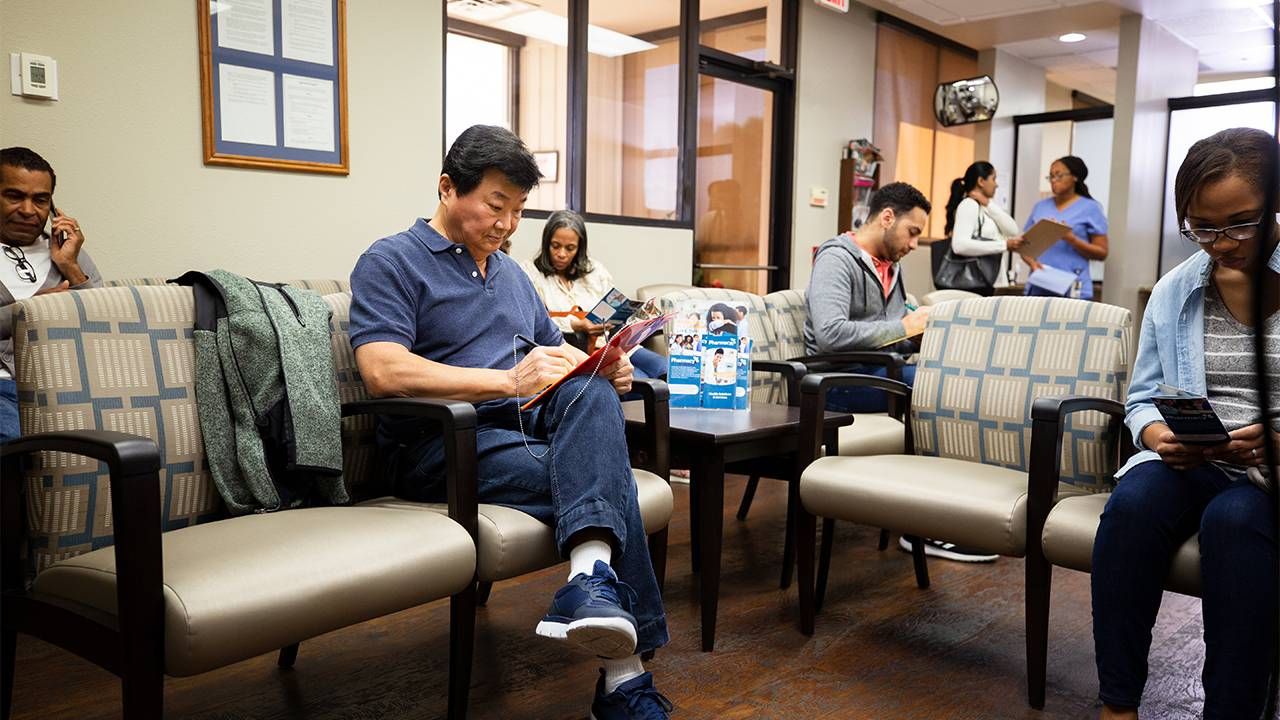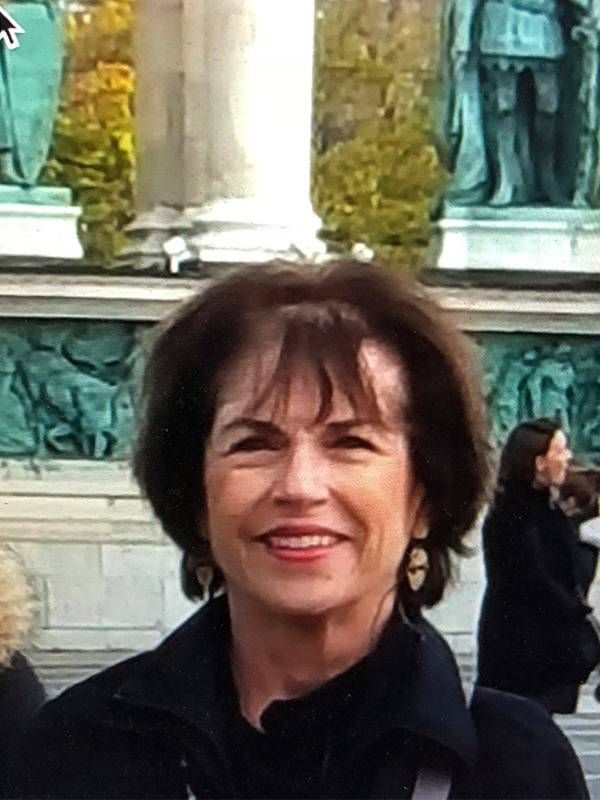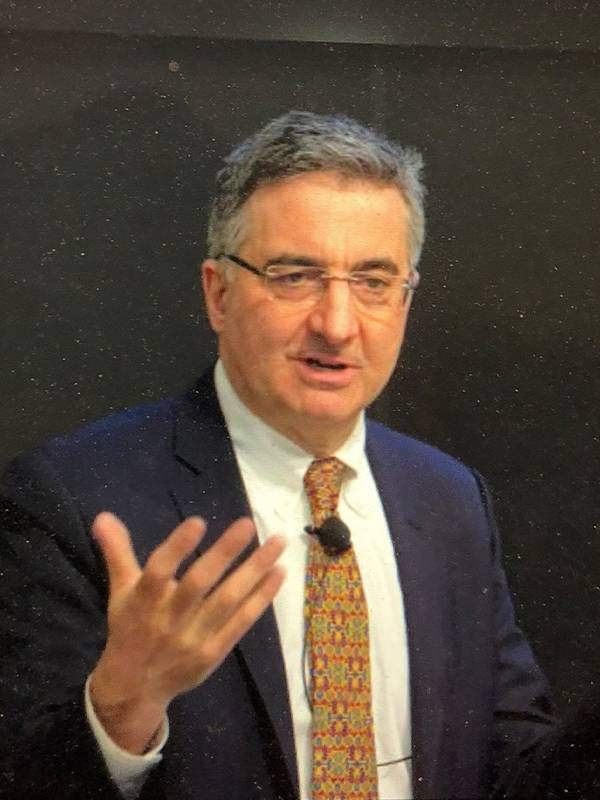The New Rules for Finding a Doctor
How the pandemic has changed things for patients and physicians
Barbara Allan, 73, who lives and works in in south Florida, has switched primary care physicians at least four times in the last 15 years, most recently in February. After a conversation with a family member about her health care needs, the owner of the SRA Research Group market research firm decided, "I want someone paying attention, doing what's best for me and asking questions."

She also wanted a physician who valued her time. At one practice, Allan said, she was invited to leave after questioning a 90-minute wait for a scheduled appointment.
COVID-19 brought delayed medical appointments and introductions to telehealth. But now as Americans' lives may be returning to a new normal and some people may be relocating, many will be looking for new physicians, as Allan is.
When Doctors Retire or Sell Their Practices
At the same time, physicians at the intersection of burnout and growing older are closing their practices or retiring (see the Next Avenue article, "When Your Trusted Professionals Retire"). The Physicians Foundation, a nonprofit advocacy group, in a report issued in August 2020 says COVID-19 prompted the closing of approximately 16,000 medical practices with another 8,000 expected to close within the year.
Finding a good doctor has become more complicated lately.
Some of these doctors are selling their practices to private equity companies. The Journal of the American Medical Association found 355 practices were acquired from 2013 to 2016 and The Private Equity Stakeholder Project said those numbers have increased through the pandemic.
Consequently, patients are confronting an increased emphasis on the business side of medicine, said Dr. Robert Klitzman, a psychiatrist, medical ethicist and professor of sociomedical sciences at Columbia University Mailman School of Public Health in New York City.
All of this means that finding a good doctor has become more complicated lately. That's likely to continue. The Association of American Medical Colleges anticipates a shortage of up to 124,000 physicians by 2034.
The Question One Doctor Is Often Asked

Dr. George M. Abraham, president of the College of American Physicians, said a physician's departure might weigh more heavily on older adults who tend to rely on their doctors more than younger ones. At 57, Abraham said, he's frequently asked, "Are you planning to retire anytime soon?"
And if physician exits a practice due to unforeseen reasons, like contracting COVID-19 or personal challenges, Abraham noted, "patients feel distraught, betrayed and upset."
But, said Philip Moeller, author of "Get What's Yours for Health Care," the most important indicator of health and longevity is a continuing relationship with a primary care physician.
What if your doctor has sold their practice to a private equity firm? In theory, private equity can make the practice of medicine more efficient and drive down patient costs, Klitzman said. However, he noted, "the data suggest the costs go up, patient satisfaction goes down and there may be staff cuts."
Clues to private equity status include a recent change of practice name or procedures scheduled at a new location.
Starting Your Search to Find a Doctor
If you do need, or want to get, a new doctor, try to start the search by talking with your departing physician.
"When possible, a doctor going out of practice can transfer patients to other physicians considered trustworthy," Abraham said.
However, he noted, some doctors won't feel that obligation and will instead just send a letter notifying patients of their expected departure.

If you're not certain you want to use the doctor yours recommended or your doctor left you high and dry, "ask around," said Abraham.
Abraham suggests relying on people who know you well and whom you trust. According to a survey by the Binary Foundation, an online reputation management company in suburban Washington, D.C., over half of all people rely on personal recommendations to find a physician.
Online Doctor Rating Sites
You may also want to consult online ratings of physicians.
Sites like the National Institutes of Health can help guide your search. The government site Medicare.gov has information and ratings, too; its data doesn't cover only Medicare patients.
Commercial sites like Heathgrades, Vitals and WebMD can be reliable resources, also. But, said Leah Binder, president and CEO of The LeapFrog Group, a nonprofit health care watchdog based in Washington, D.C., "transparency is extremely important."
Healthcare Bluebook measures cost and quality outcomes for patients using data from 7,000 employers who are its clients. It expects to reintroduce a free consumer-cost search tool in 2022.
And you'll want to see whether the doctor you're considering has any conflicts of interest. As the Next Avenue article, "Open Payments: The Website Every Patient Should Know About" explained, you can find out on the Open Payments area of the federal Center for Medicare and Medicaid Services (CMS) site.
Over half of all people rely on personal recommendations to find a physician.
Lisa Collier Cool, an author and journalist specializing in health care who recently moved, said her own physician search will include "checking the state licensing board to make sure the doctor hasn't been sanctioned for anything. I will even Google the doctor's name plus the word 'malpractice' to see if anything pops up."
Once you know a doctor you think you might want, Sana Goldberg, a nurse and author of "How to Be a Patient: The Essential Guide to Navigating the World of Modern Medicine," recommends scheduling an in-person or remote interview. Ask about how the practice is run, so you can set realistic expectations for your care.
Be sure your doctor's office provides you with a copy of your medical records so you can then give them to your new doctor.
"A practice shouldn't send your records elsewhere," said Goldberg.

